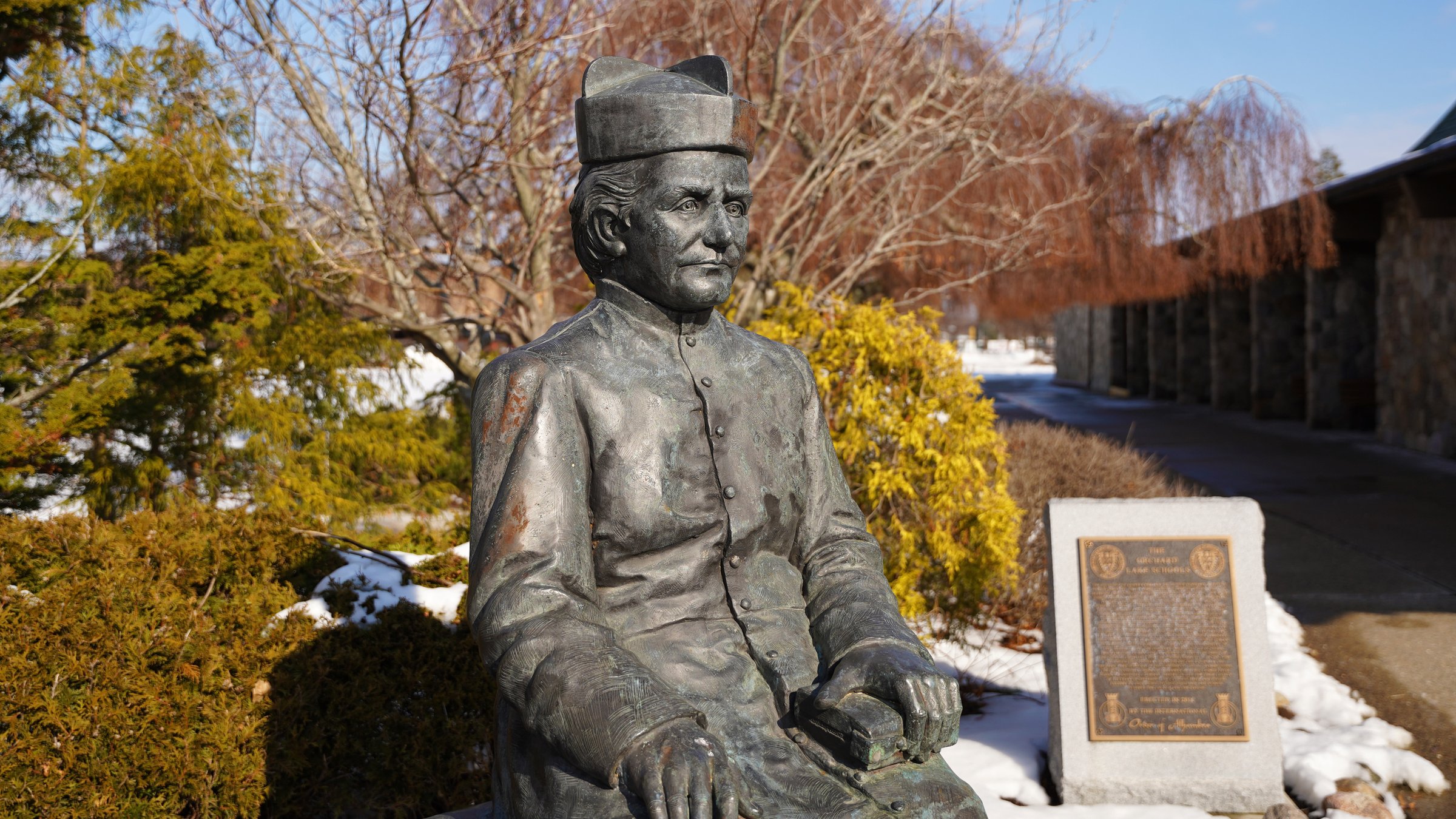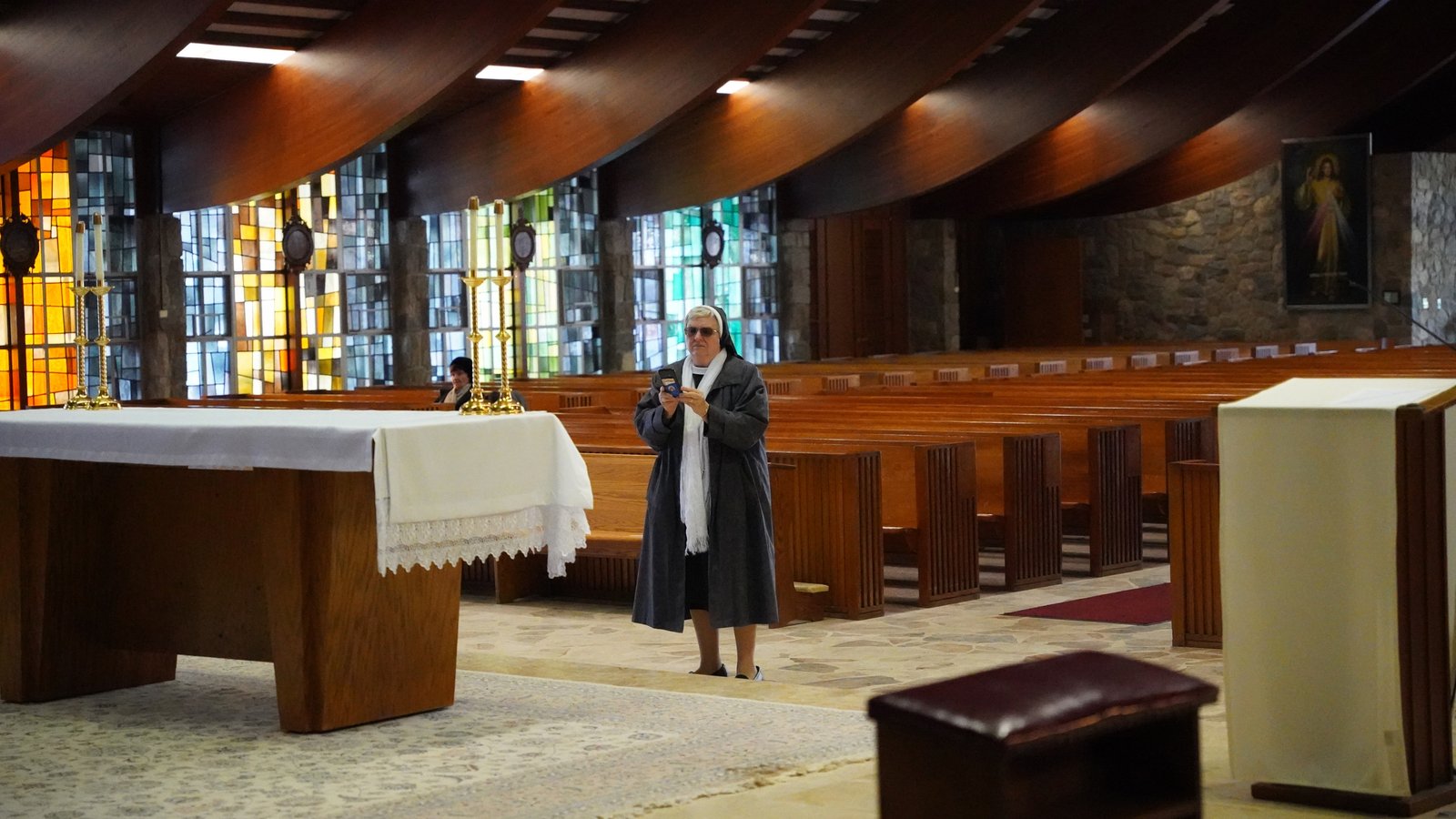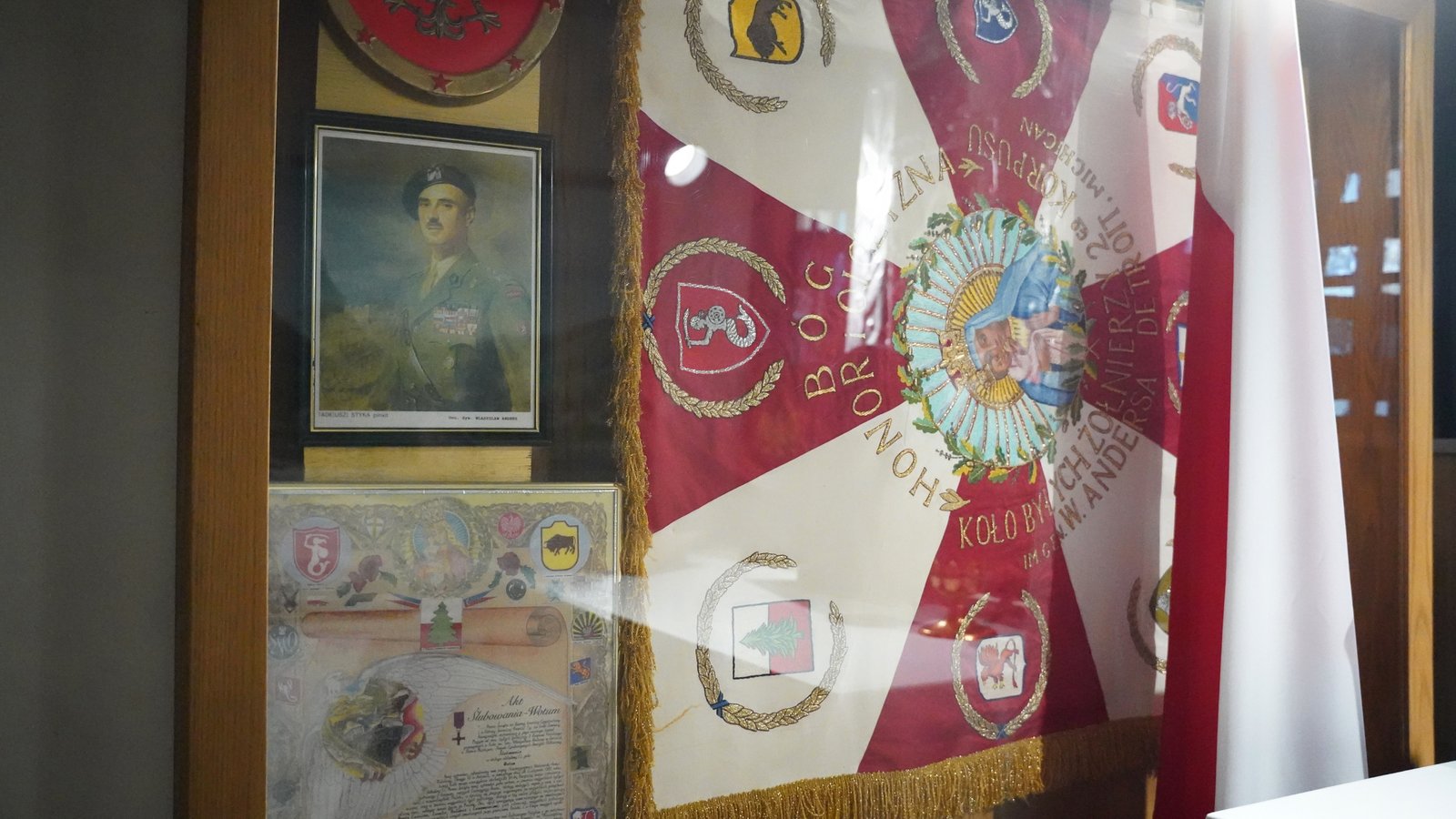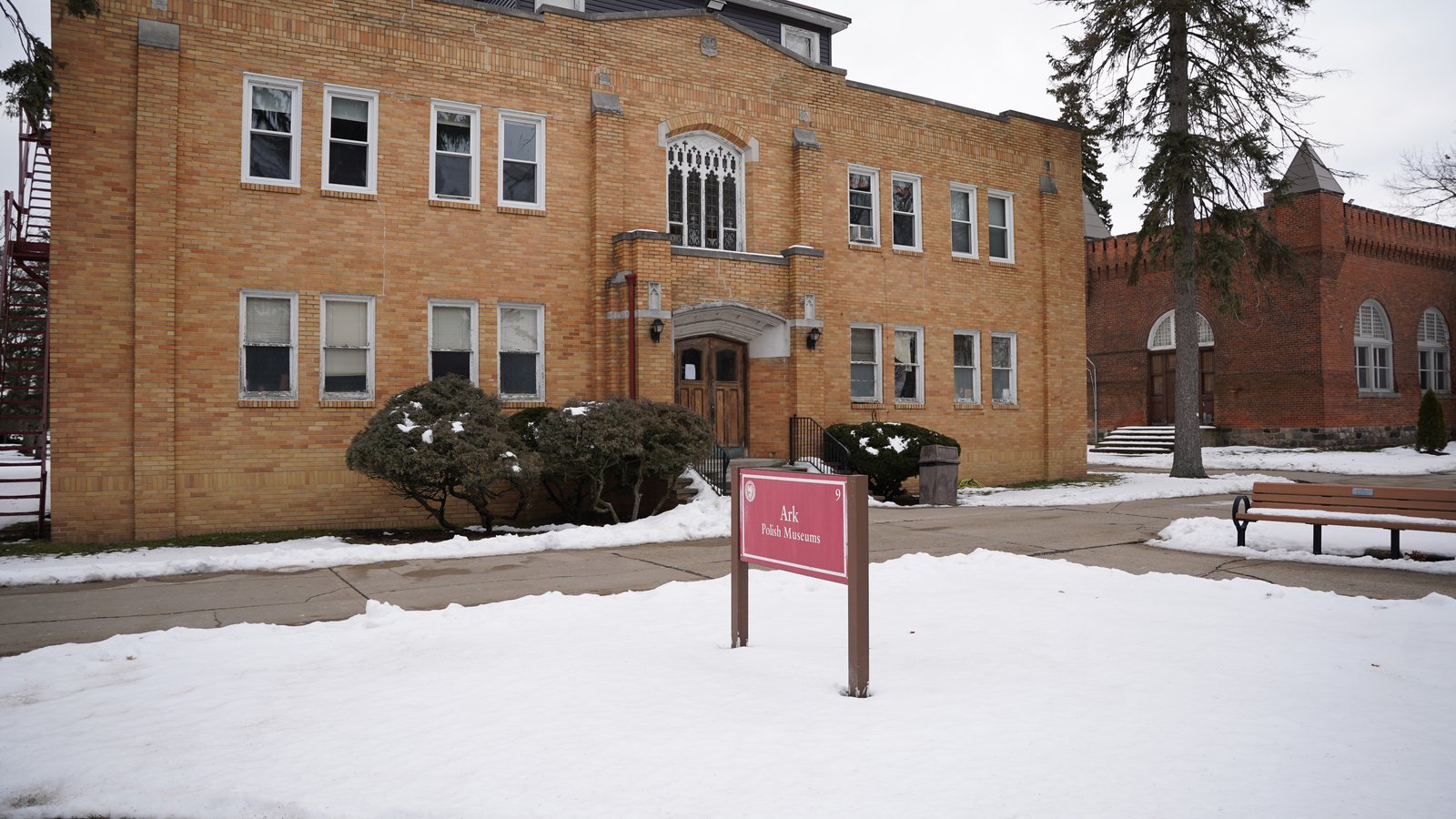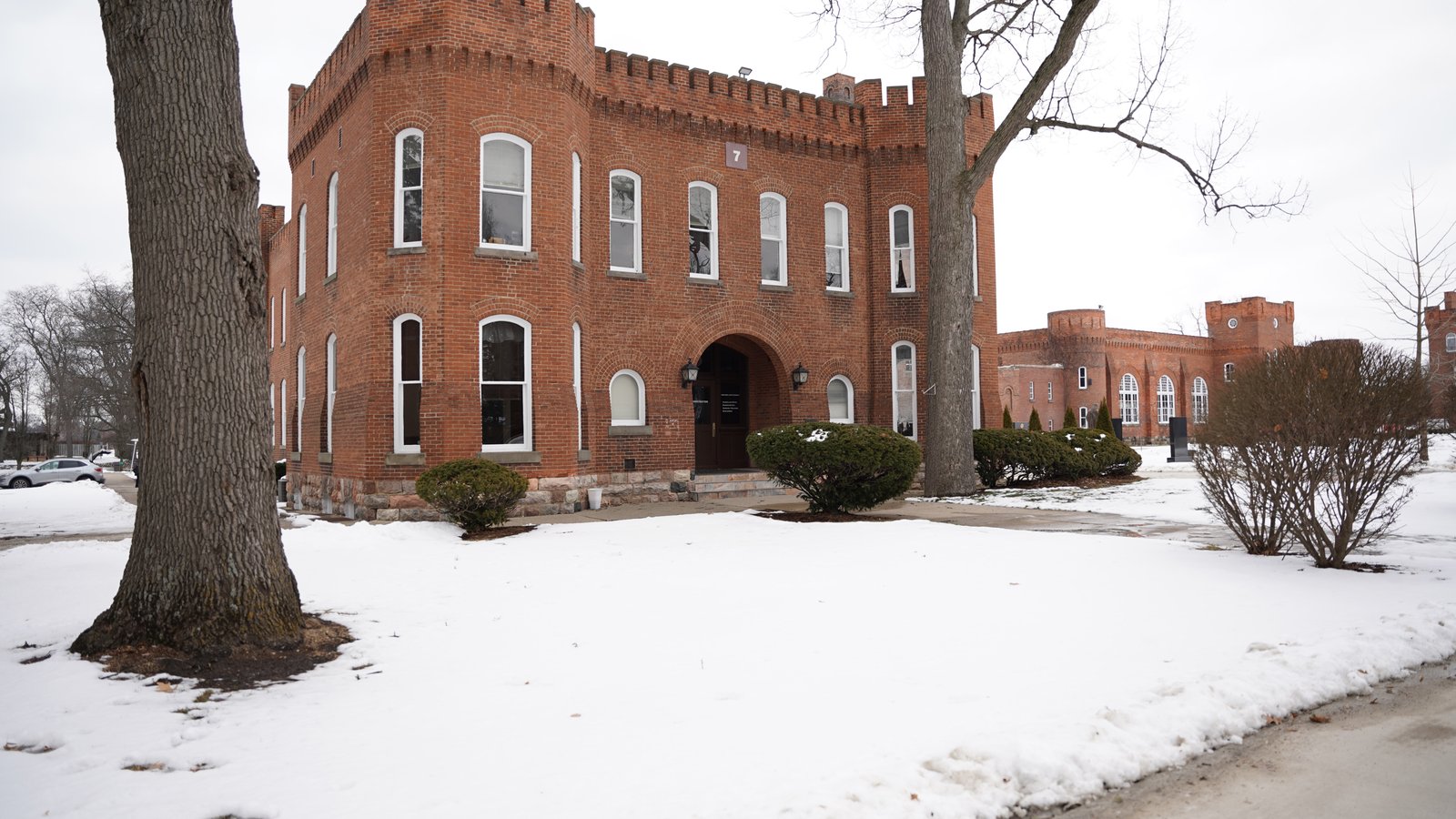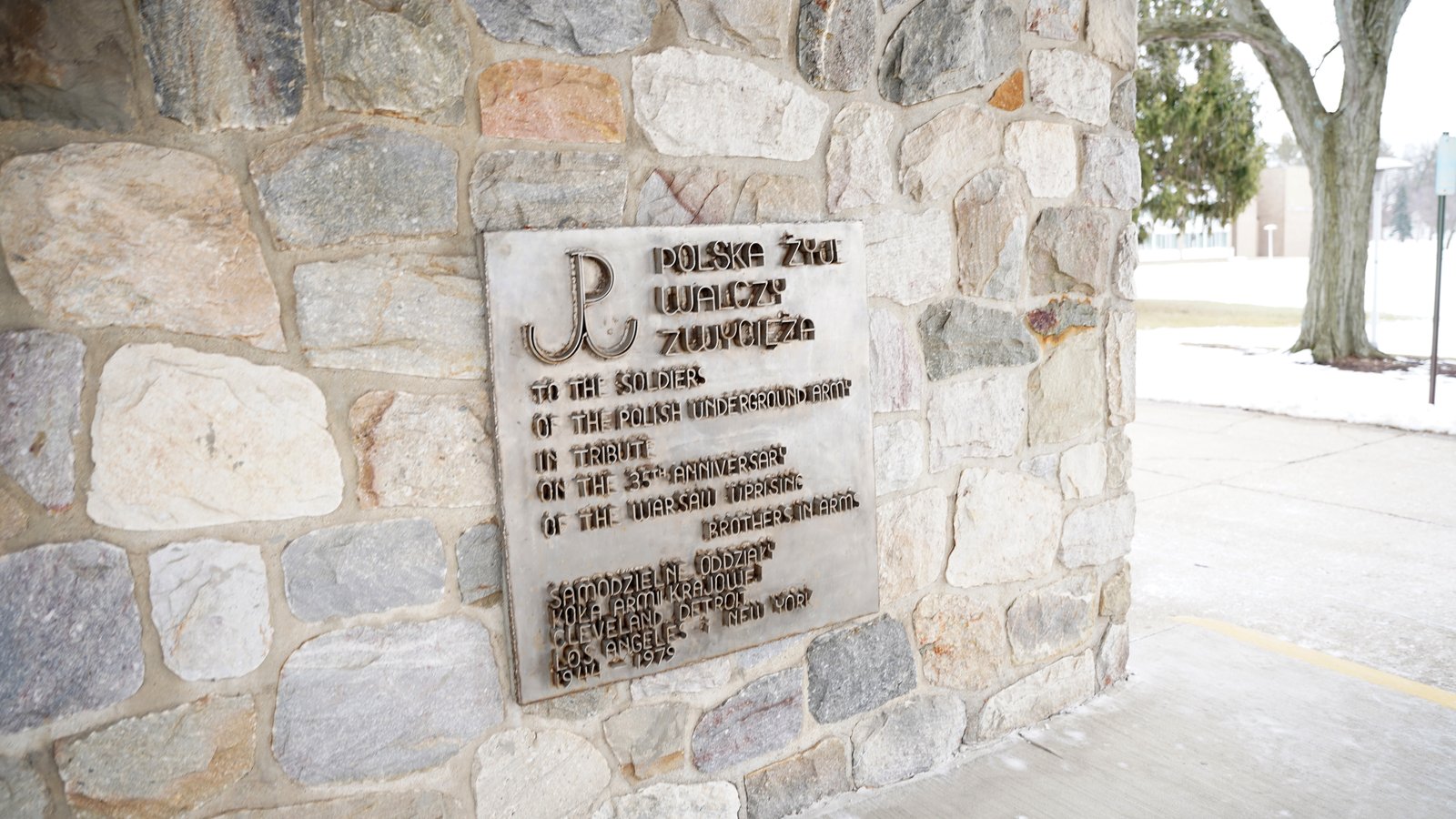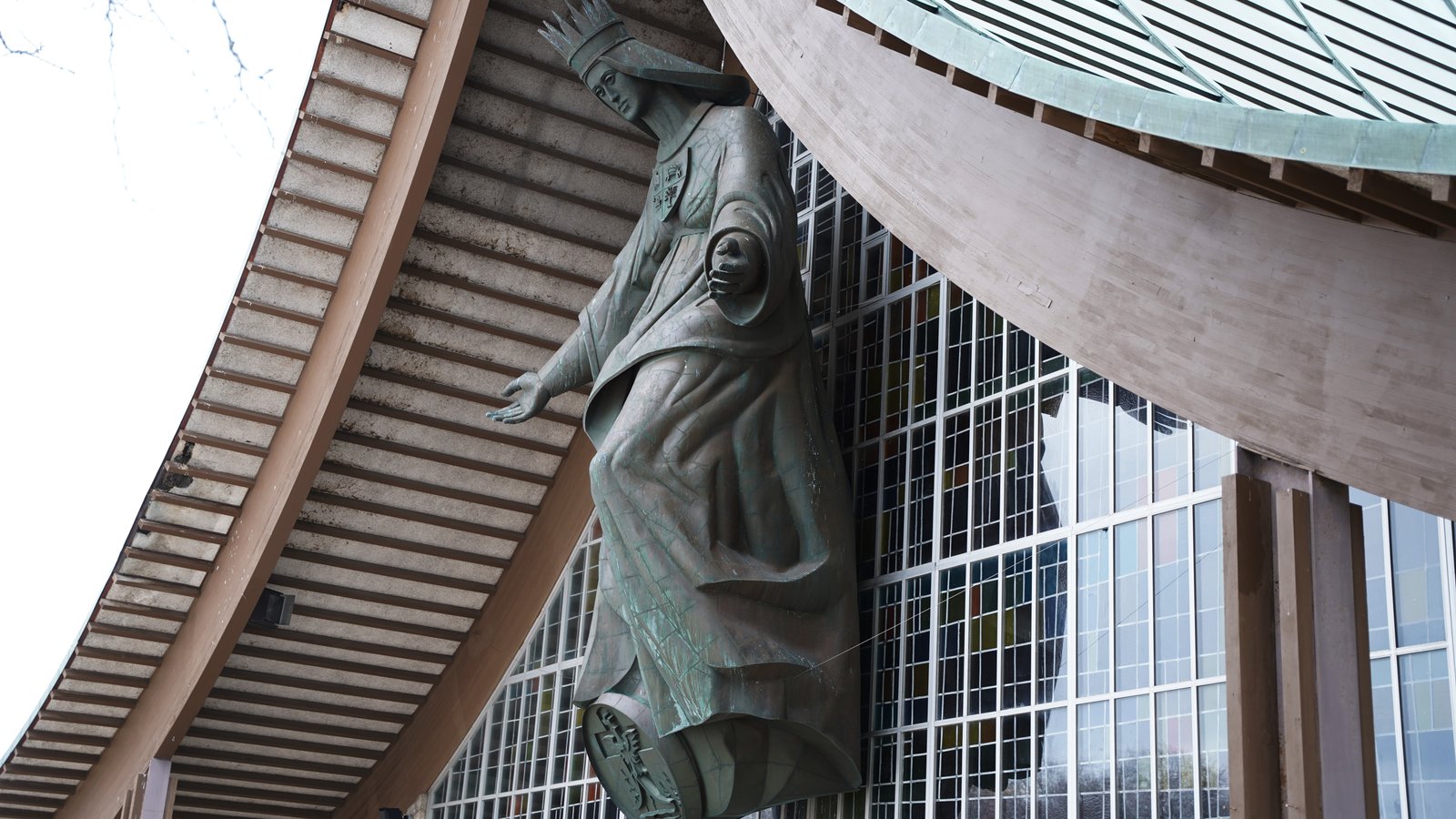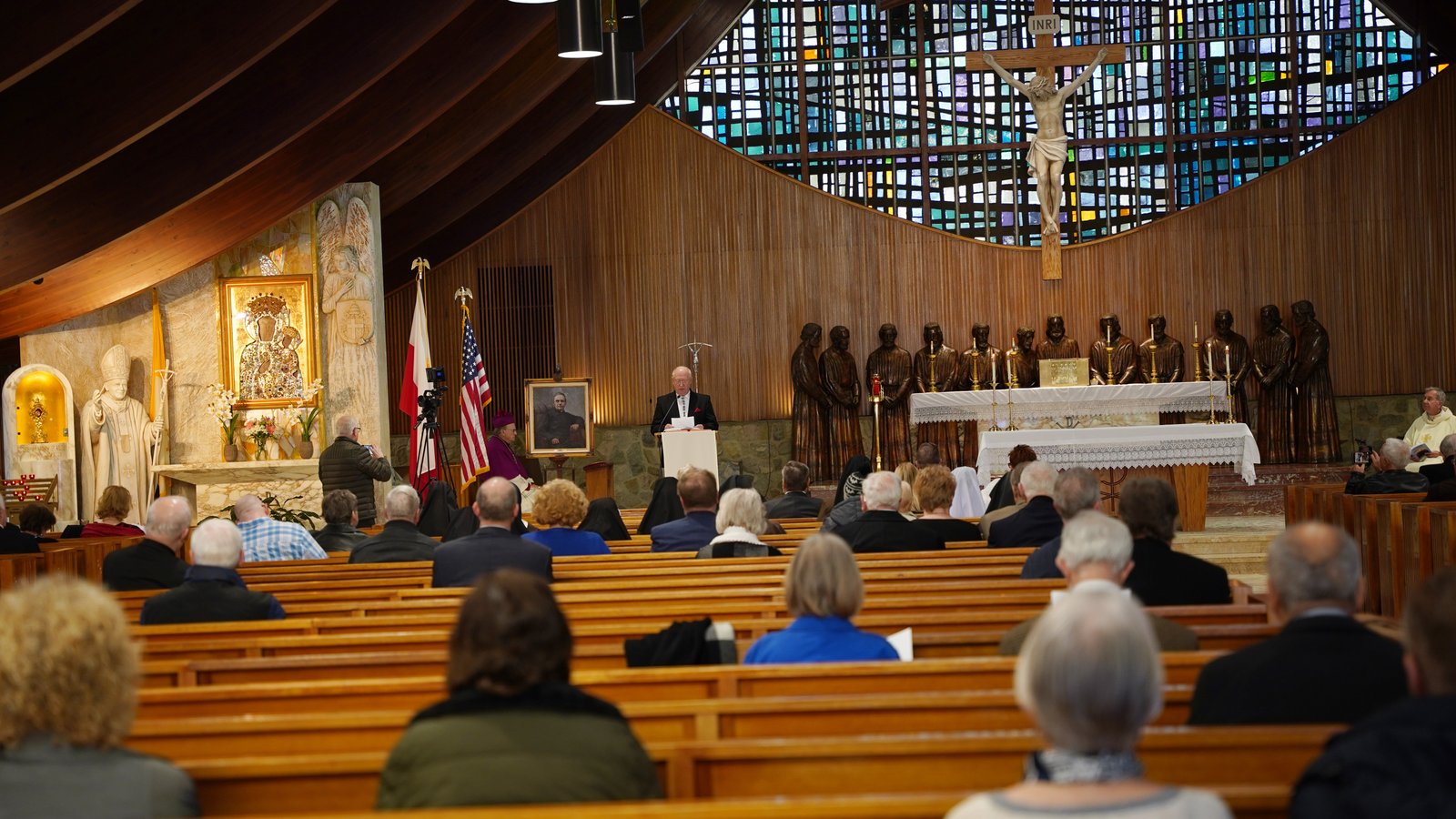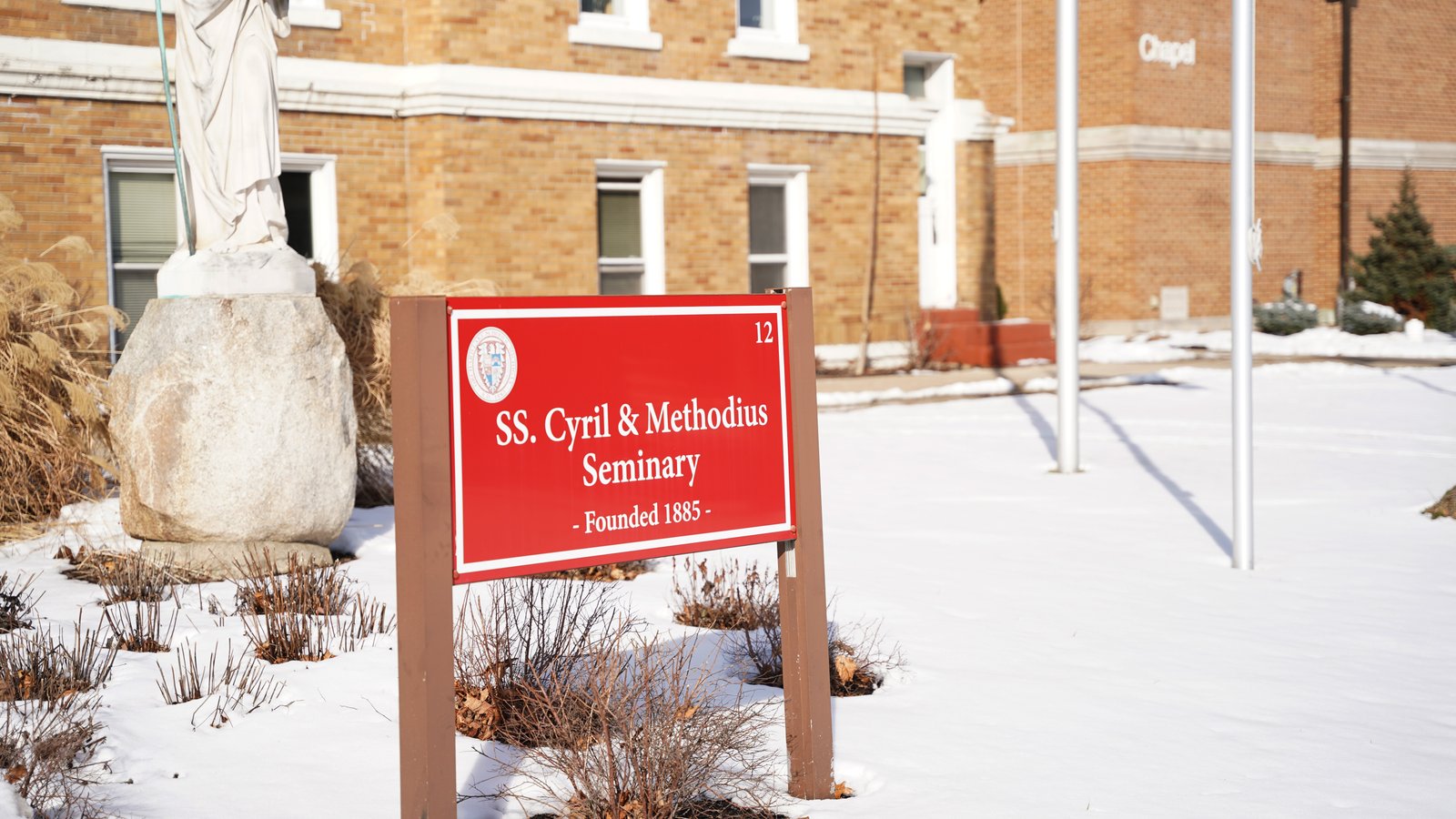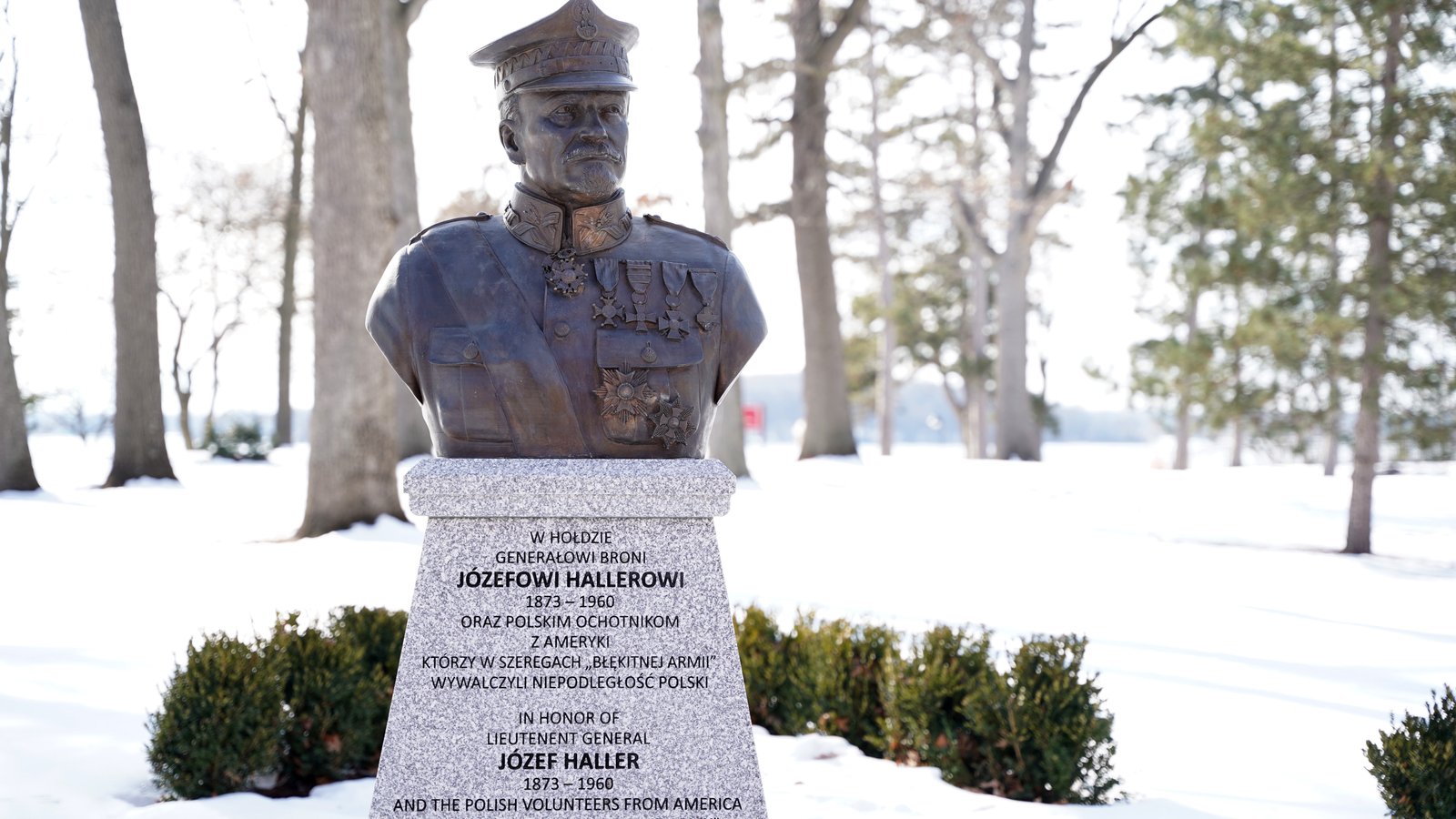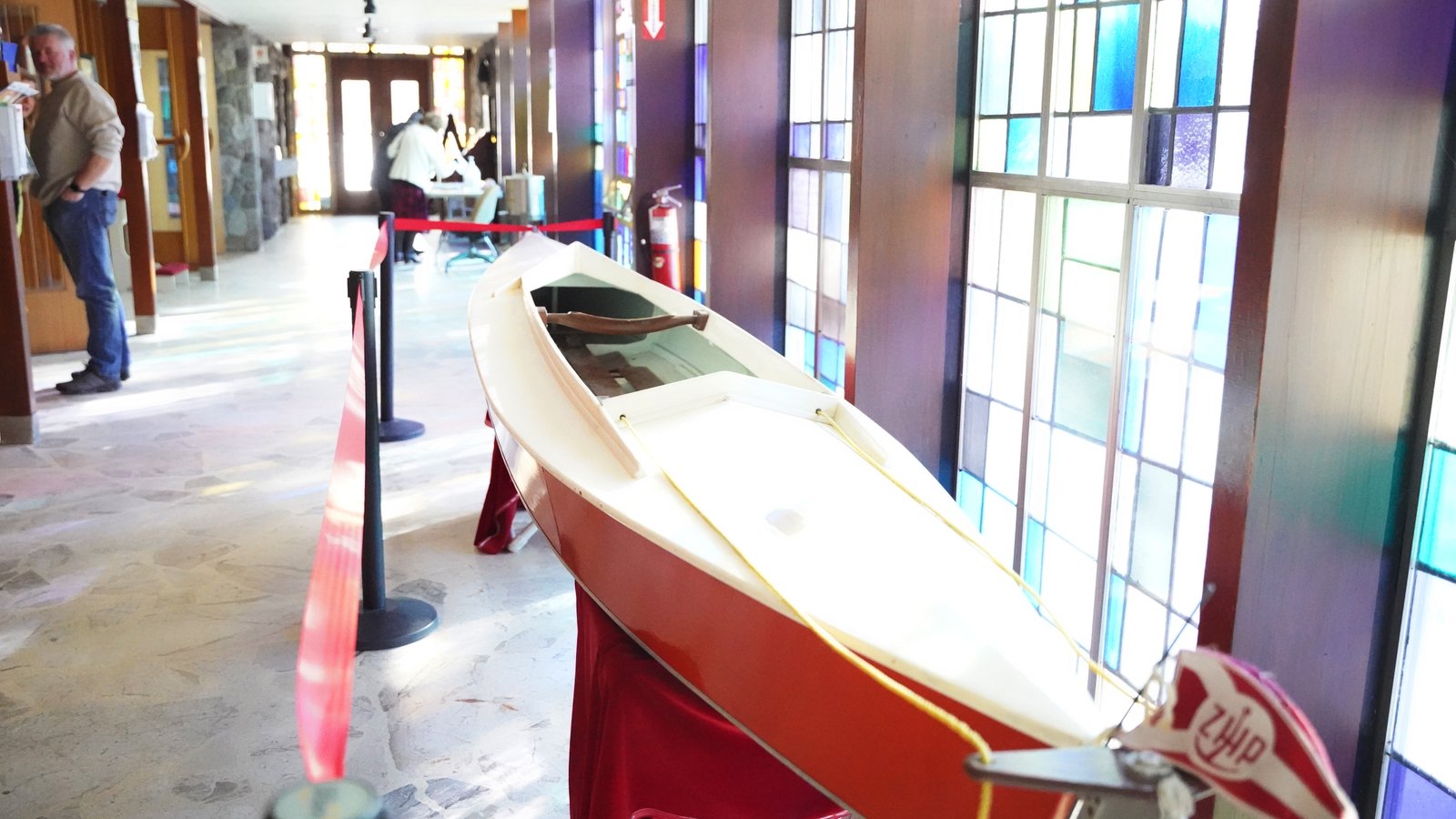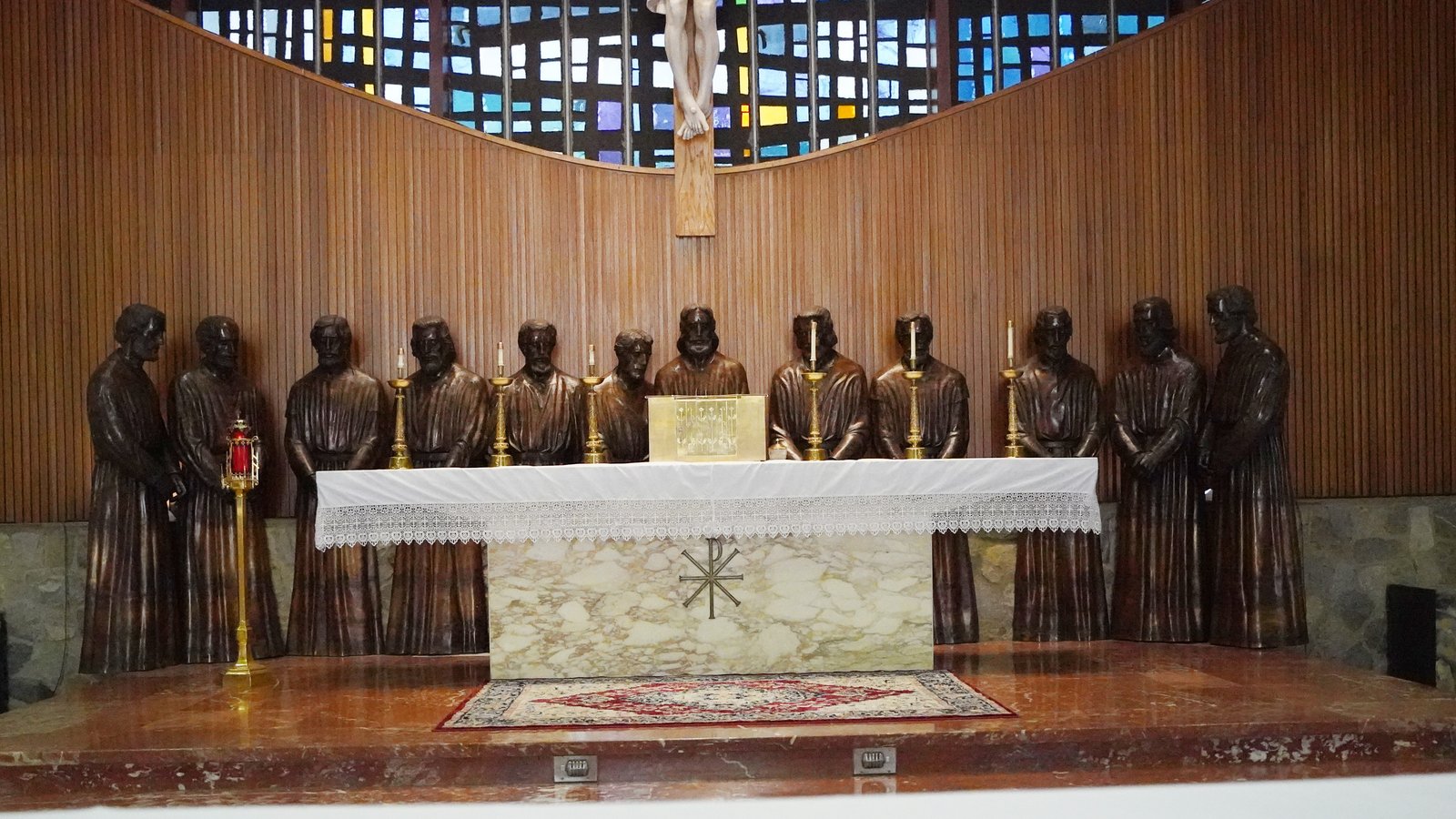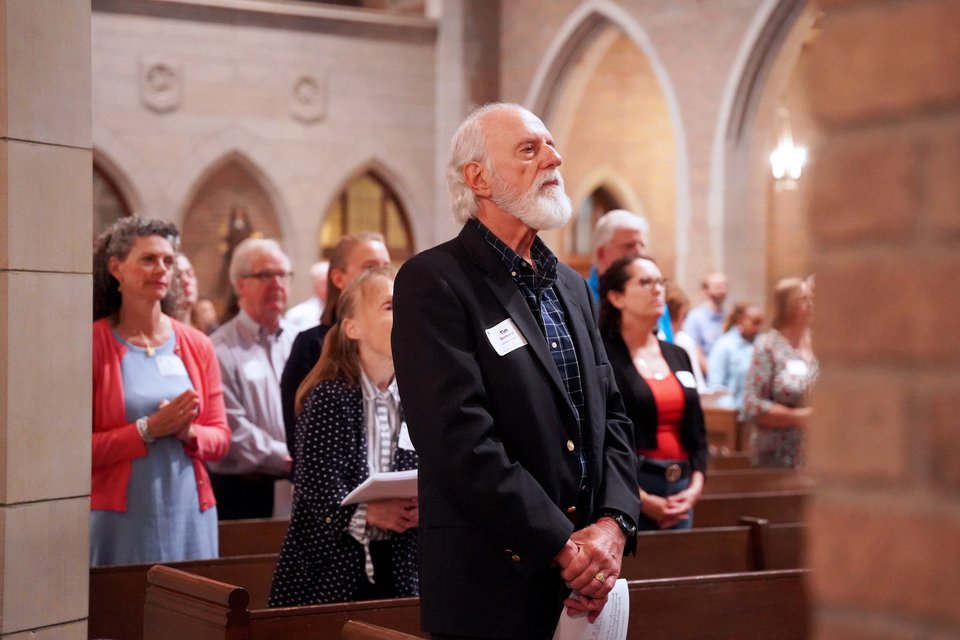Newly established St. John Paul II Liturgical Center, revamped Polish Institute of Culture and Research aim to draw pilgrims, scholars
ORCHARD LAKE — The Orchard Lake Schools have undergone significant changes in the past 20 years, but its leaders maintain the Polish American institution is still rooted in its 138-year-old mission.
In May 2022, the schools' board of directors confirmed the closing of the campus' longtime seminary, SS. Cyril and Methodius Seminary, which was erected in 1885 for the purpose of educating Polish priests to serve the Polish-speaking communities of Michigan and beyond.
Explaining the decision to close, Orchard Lake cited a “declining enrollment caused by changing demographics in the United States, along with more vocational opportunities in Poland and recent policy changes that do not allow for Polish seminarians to transfer between seminaries.”
But while the seminary may have outlived its original purpose, the mission of the Orchard Lake Schools — the independent Polish Catholic institution founded by Fr. Jozef Dabrowski more than a century ago — remains strong as a bastion of Polonia in the United States.
In January, the Orchard Lake Schools announced the creation of the next chapter in its mission, the newly established St. John Paul II Liturgical Center, which, coupled with the rebranded Polish Institute of Culture and Research and St. Mary's Preparatory High School, will continue the mission of teaching and sharing the riches of the Polish Catholic faith on the scenic campus nestled between three lakes just north of West Bloomfield Township.
“There are three divisions now moving forward within the Orchard Lake Schools' cooperation,” Joe Majcher, vice chairman of the Orchard Lake Schools Board of Regents, told Detroit Catholic. “Far and away, the largest, most significant, and most consequential is St. Mary’s Preparatory.”
Majcher said the co-divisional high school (a boys division and a girls division, established in 2020) maintains the academic heritage of the campus, with enrollment increasing and new academic buildings.
“This year we’re up to 860 students, breaking all sorts of records,” Majcher said. “For the next school year, we’re planning on 900, really scratching the limits of our facilities right now. We just recently opened a 22-classroom building, the Joseph Burkacki Academic Center, which we sorely needed.”

Majcher said the board of regents is thrilled with the success of the girls division at the school. Under the leadership of headmaster Bob Pyles, the school has launched a partnership with Ford Motor Company to offer female students classes in engineering and computer design at a Ford facility, among other initiatives.
Majcher said the success of the preparatory has been the glue holding the rest of the Orchard Lake Schools together during a time of transition.
“Moving forward, we absolutely are doing everything that is reasonably practical to make sure St. Mary’s Prep continues to be a competitive, viable Catholic high school,” Majcher said. “St. Mary’s Prep is unique in its facility, like a small Ivy League college campus, and with the buildings and land we have, it’s really attractive to potential students and parents.”
Liturgical center meant to reinforce Catholic identity
Besides the education component provided by St. Mary's Preparatory, the Orchard Lake Schools' two other branches will continue to reinforce its dual identity as an institution of both Polish culture and the Catholic faith.
The new St. John Paul II Liturgical Center is meant to be a sort of spiritual successor to SS. Cyril and Methodius Seminary, Majcher said, but instead of teaching men how to become priests, the liturgical center will have a more outward focus, calling upon the local faithful to rediscover and rekindle their Catholic faith.
Fr. Bernard Witek, director of the new liturgical center, cited the influence of St. John Paul II — who twice visited the Orchard Lake Schools as a cardinal in 1969 and 1976 — as pivotal to the campus' identity.
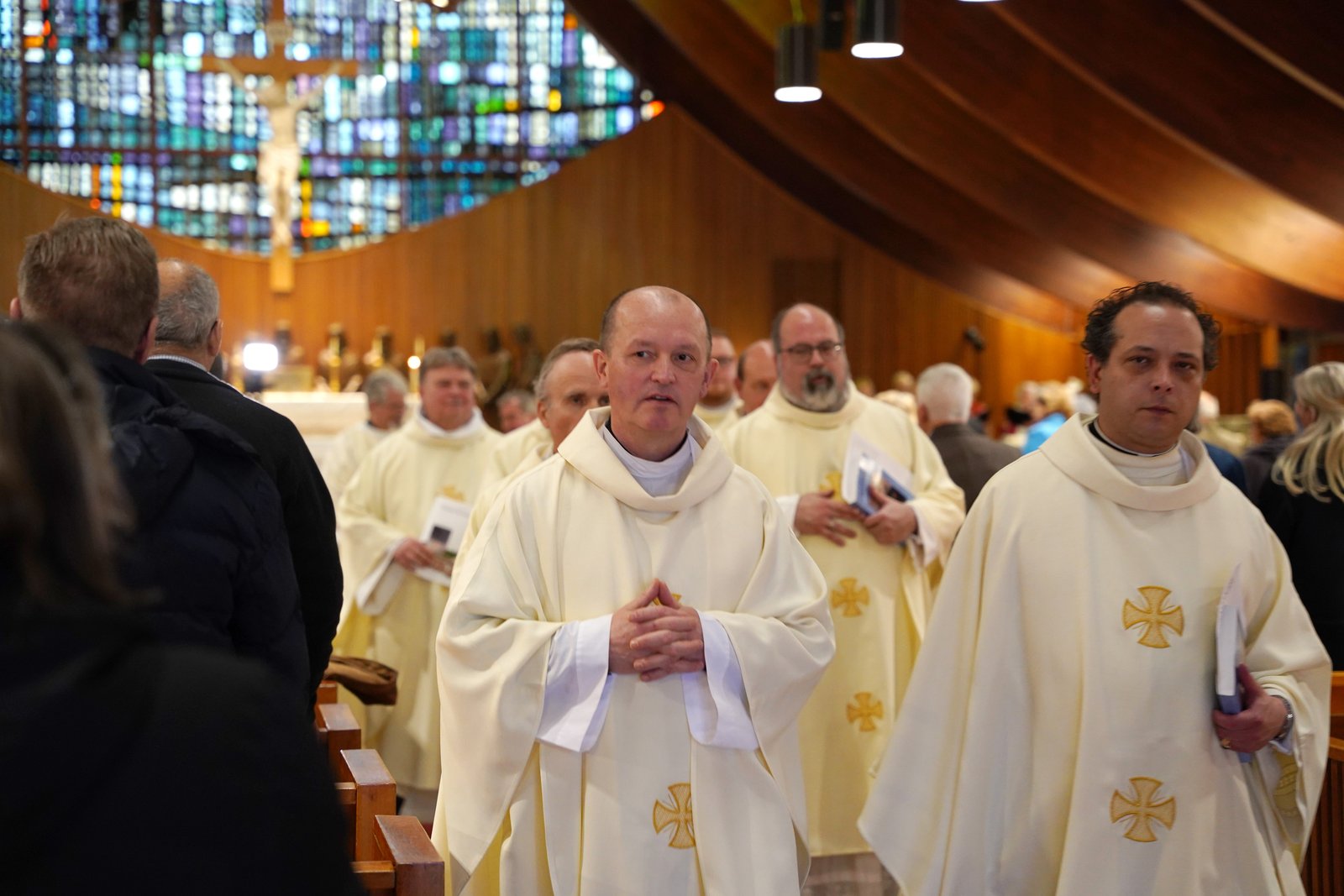
“The mission we formulated is to foster Catholic identity in the spirit of St. John Paul II by providing liturgical celebration and spiritual guidance to the entire community,” Fr. Witek told Detroit Catholic.
The liturgical center will serve as the “spiritual umbrella” of the Orchard Lake campus, Fr. Witek said, celebrating daily Mass in Polish and English, hosting spiritual conferences and retreats, and being a spiritual home for the local Polonia community to rediscover their heritage and the call to evangelization.
“The center will promote Polish spirituality and traditions as part of its mission to the wider community,” Fr. Witek explained. “There are some events conducted regularly, like the First Polish Sunday Mass, celebrated once a month at 1 p.m., that is a gathering of Polonia from different parts of Michigan. After that is a luncheon, so they can eat and share meals together.”
Fr. Witek has introduced a daily Mass at 7 p.m. Monday through Friday in English along with the previously established Polish celebrations. He also has introduced Bible studies in English and Polish once a month — the third Thursday of the month in English, and the third Friday of the month in Polish — along with other events, such as a marriage workshop Feb. 18-19 conducted by the Warsaw-based Holy Family Institute.

One of the crown jewels of the Orchard Lake campus is the archdiocesan Shrine of St. John Paul II, which resides inside the Chapel of Our Lady of Orchard Lake and contains a first-class relic of the saintly pontiff.
Fr. Witek hopes to turn the shrine into a source of pilgrimage and a center of Polish spirituality in the area.
“The shrine exists, but there weren’t any regular celebrations to bring people to the shrine as a place of prayer," Fr. Witek said. "I would like the shrine to have more of a spiritual impact, developing it as a place of pilgrimage for the Polish community. It used to be we would go to Rome to see St. John Paul; now we can come to Orchard Lake to meet the pope.”
Preserving and promoting Polonia’s treasures
Orchard Lake has been the caretaker of many pieces of Polish culture it has accumulated through the years, but that collection hasn’t been widely accessible to the public.
The Polish Institute for Culture and Research — formerly The Polish Mission — is the cultural branch of the Orchard Lake Schools, the purveyor of Polish culture in the area and a place of learning about Polonia’s roots in southeast Michigan and beyond.
“The Orchard Lake Schools has accumulated a very respectable amount of Polish, Polonia records and archives over the decades of many Polish organizations, some of which have gone extinct, and their records have been brought to the archives for safekeeping,” Majcher said.

Since the founding of SS. Cyril and Methodius Seminary in Detroit in 1885 and the school’s move to Orchard Lake in 1910, the school has accumulated volumes of writings from Polish priests and theologians, along with pieces of Polish sacred art and other artifacts of Polish culture.
John Radzilowski, Ph.D., is the director of the Polish Institute for Culture and Research, tasked with sorting and organizing these materials and finding new ways to make these resources available to the public.
“[Orchard Lake Schools] has extensive archives on the history of the Catholic Church in Polonia, also of Polish immigrants and throughout the United States,” Radzilowski told Detroit Catholic.
Radzilowski said the institute is currently in the midst of an extensive restoration of its art gallery, which houses “one of the largest collections of Polish art outside of Europe, including sacred arts. We’re starting work on the research center and historical artifacts, doing a lot of public outreach to make sure people know all we have to offer.”
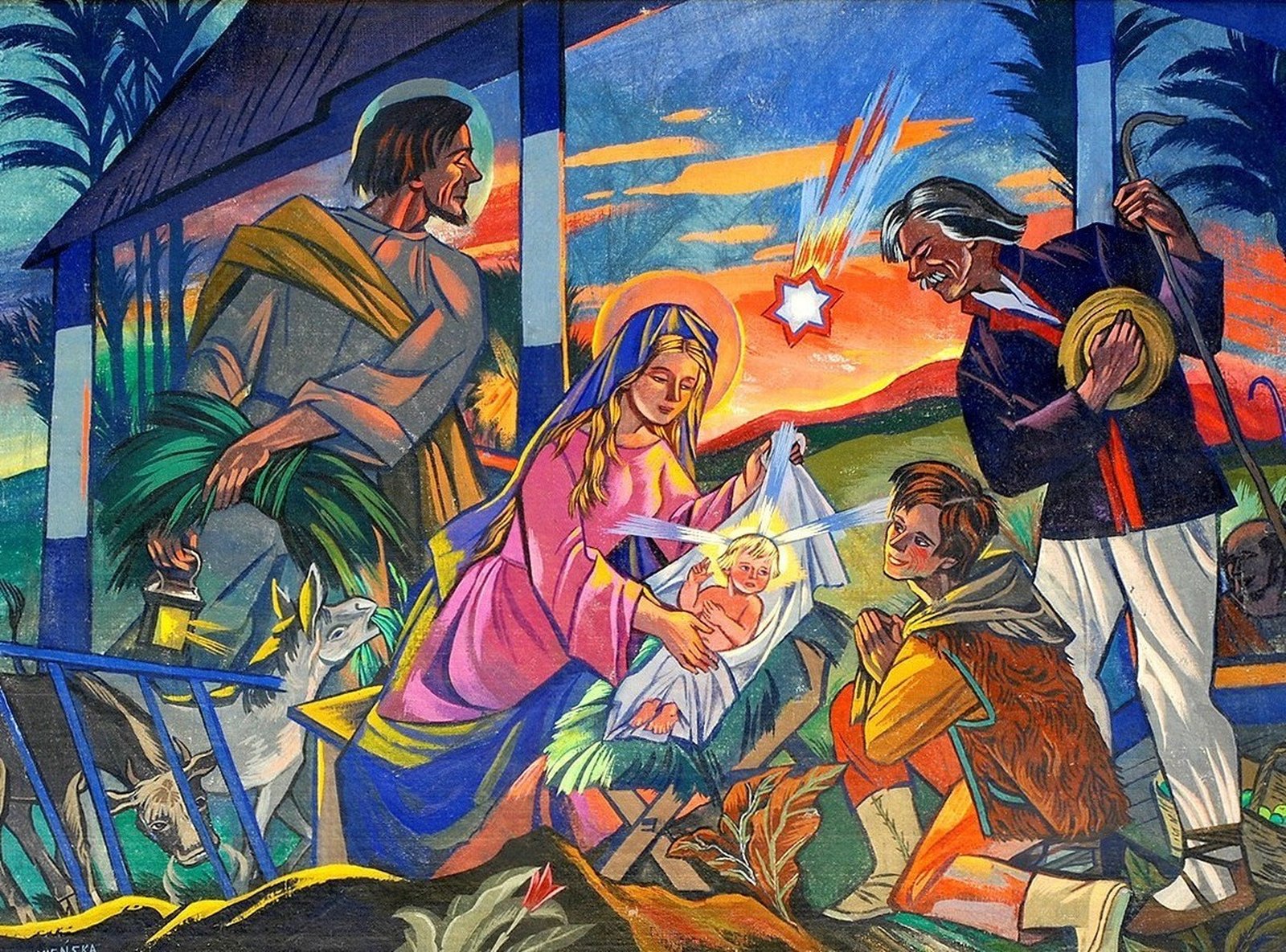
Radzilowski said every day at his job is a new adventure, from cracking locked safes to determining the age of old coins and sorting through uniforms from the Polish army in the Second World War and those worn by prisoners of the Auschwitz Concentration Camp.
On June 17, the institute is planning to dedicate new gravestones for 59 Polish veterans buried at Holy Sepulchre Cemetery in Southfield, with delegates from the Polish government in attendance to commemorate the monuments, installed just before Christmas.
“In the past, the name ‘Polish Mission’ was kind of ambiguous as to what we do,” Radzilowski said. “Our name now reflects more closely what we do and the role we play both on campus and in the wider community around us. We encourage people to come here to learn about Polish history, Polish culture, and Polish schools at a very unique institution both in the context of Polish American history, but also the history of the Catholic Church in America.”
Radzilowski sees the cultural center as an underused resource and a hidden gem in the community. He’s hoping future events, galas, and cultural exchanges on campus will allow the school to better display its rich tapestry of Polish history.
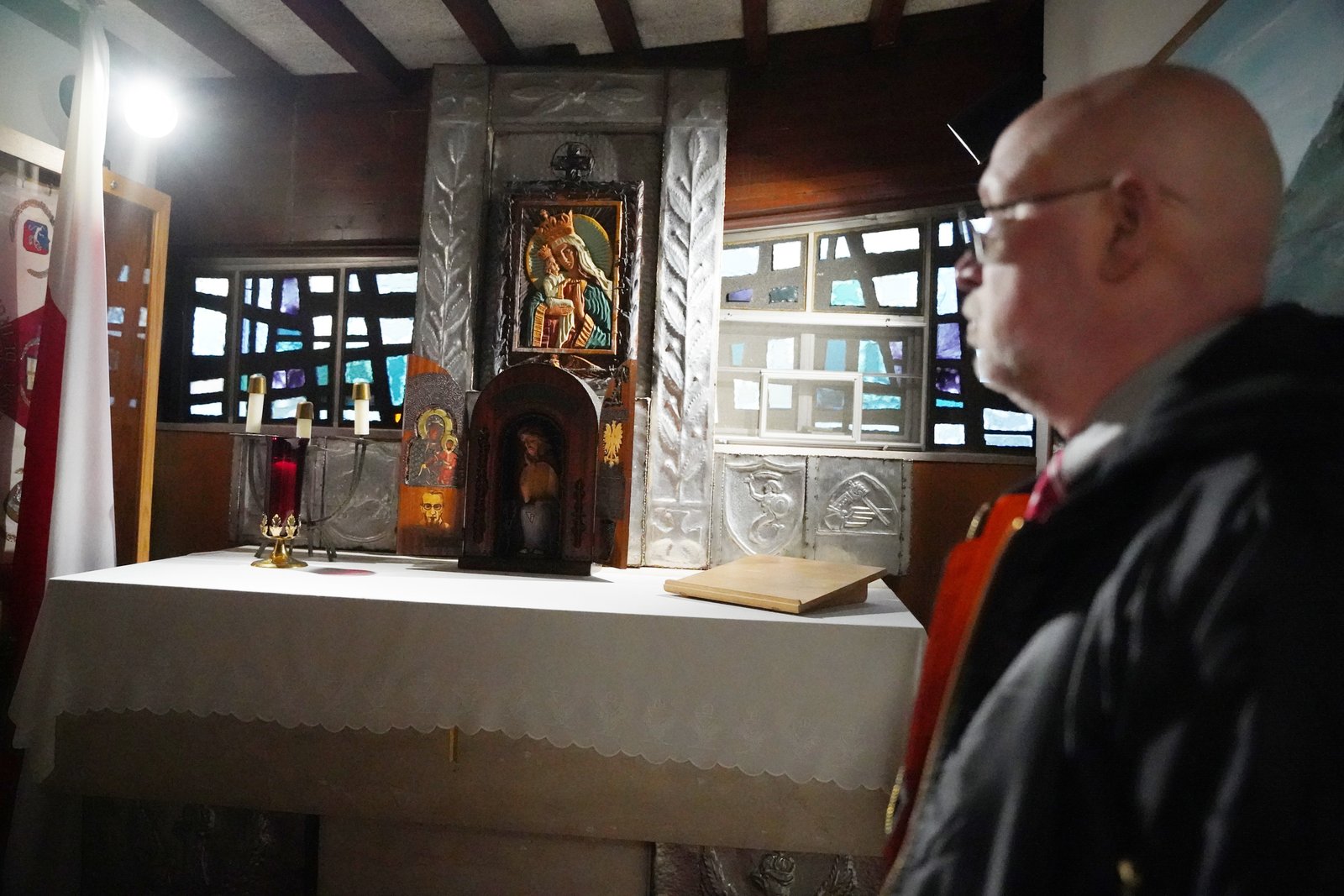
“We have tremendous cultural resources that are really unknown but within the Polish community,” Radzilowski said. “We have this huge collection of art and artifacts, and we really would love to do a lot more for the public. ... Orchard Lake has an amazing story, and it’s one worth telling.”
Orchard Lake’s next chapter
Alumni, trustees, and supporters of SS. Cyril and Methodius Seminary gathered Feb. 5 at the Chapel of Our Lady of Orchard Lake to celebrate a Mass of gratitude for the 136 years the seminary served Polonia.
With fewer seminarians from Poland coming to study in the United States, coupled with a slowdown in immigration from Poland since the middle of the 20th century, the mission of the Orchard Lake Schools has had to change, Majcher said, while maintaining the principles Fr. Dabrowski founded the school upon in 1885.
“If you go back 137 years when Fr. Dabrowski started the seminary, his vision was a seminary to form the 100,000 Polish immigrants coming here every year, recognizing we needed Polish-speaking priests to minister to Polish immigrants and their families,” Majcher said. “That model really worked well into the late 1940s, maybe into the '50s. Then, for a lot of reasons, Polish immigration started scaling back. The seminary became a place for Polish priests to go to get into America, to serve English-speaking parishes, so the mission of the school has always changed.”

Majcher said he and others affiliated with the Orchard Lake Schools are proud of the institution's history, and are committed to ensuring a strong future for Polonia in the United States, alongside other institutions that serve the Polish diaspora, including the Poznan, Poland-based Society of Christ, which maintains a presence at Our Lady of Czestochowa Parish in Sterling Heights and St. Florian Parish in Hamtramck.
“Both my parents were immigrants from Poland," Majcher said. "I speak Polish quite well, and I consider myself part of Polonia. When a decision is made that hurts the Polonia group, it hurts me as well. But our community will continue. We are going forward with what our community needs, conscious of how best we can preserve our culture.”
Copy Permalink
Liturgy and devotions


